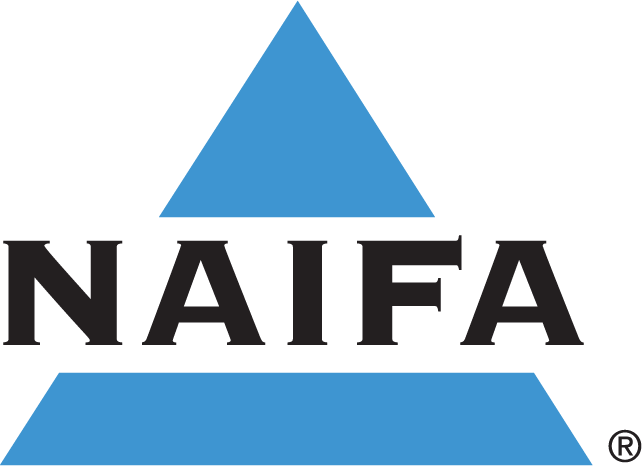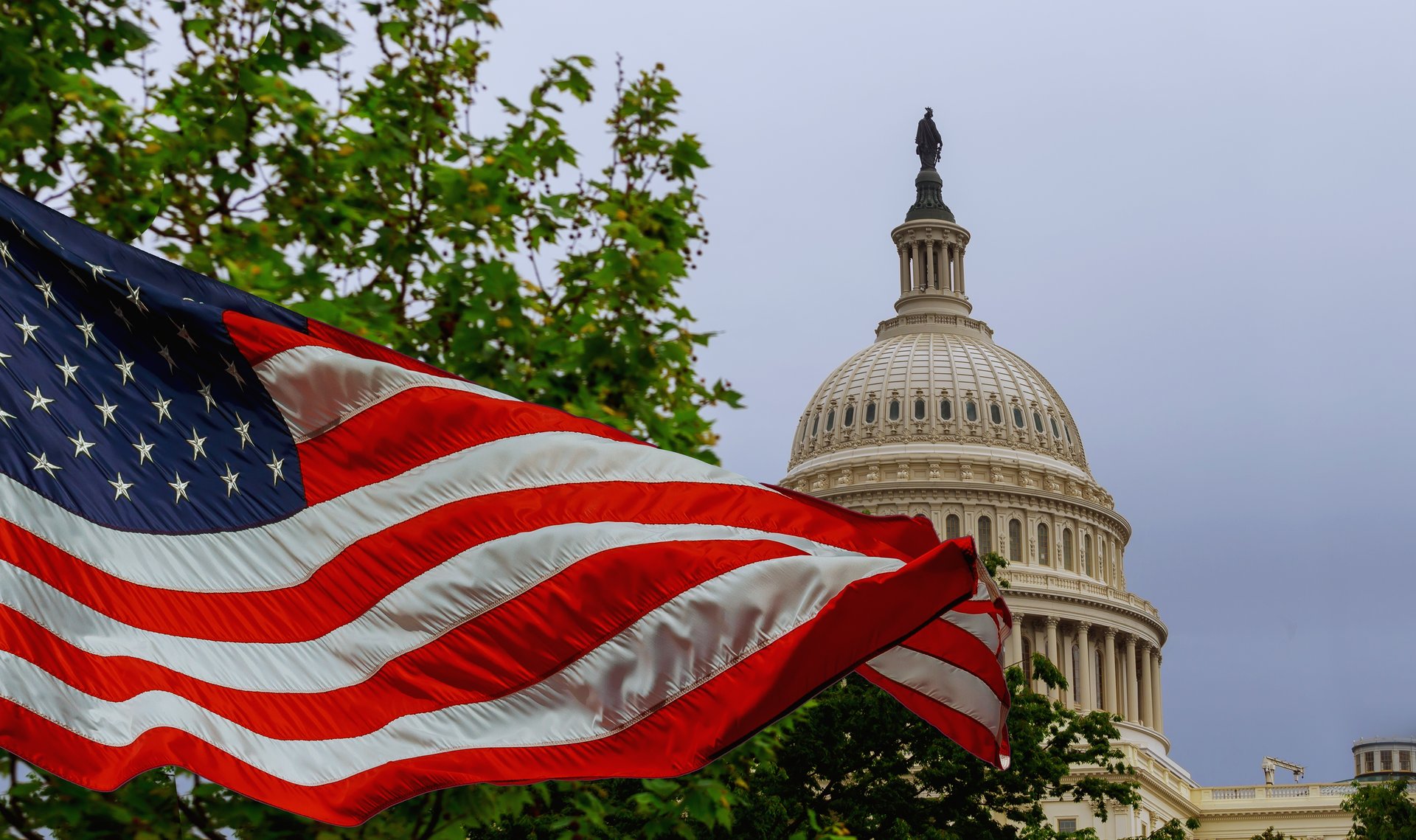The monthly newsletter of the National Council of Insurance Legislators (NCOIL) features a front-page article contributed by NAIFA State Chapters Director Julie Harrison on the best interest standard incorporated into the National Association of Insurance Commissioners (NAIC) Suitability in Annuity Transaction Model Regulation.
The newsletter is read by lawmakers and their staff around the country who drive policy decisions that directly affect the businesses and clients of insurance and financial professionals. Harrison contributed the article as a representative of the Industry Education Council (IEC), which communicates regularly with legislators and provides educational support for NCOIL programs.
NAIFA works with groups such as NCOIL and the NAIC as part of its interstate advocacy effort to encourage model laws and regulations that protect consumers while allowing insurance and financial professionals to continue serving the best interests of their clients.
NAIFA Policy Director Maeghan Gale also works closely with that NAIC, NCOIL, and North American Securities Administrators Association (NASAA) on issues important to NAIFA's interstate advocacy.
Harrison writes that the NAIC model "strikes the appropriate balance between protecting consumers, promoting market competition, and avoiding over-regulation. The standard rejects a fiduciary-only approach, thus safeguarding the ability of working-class savers to access the financial guidance to plan for their financial futures. It protects consumer choices, choices in competitive products, and choices in trustworthy options for retirement planning. Further, it aligns well with its federal counterpart – SEC’s
Regulation Best Interest."
NAIFA is working with its state chapters and industry partners, including the American Council of Life Insurers (ACLI), to encourage every state to adopt the NAIC model. To date, 16 states (Alabama, Arizona, Arkansas, Connecticut, Delaware, Idaho, Iowa, Maine, Michigan, Montana, Nebraska, North Dakota, Ohio, Rhode Island, Texas, and Virginia) have done so and three (Kentucky, Nevada, and Pennsylvania) have proposals under consideration.







